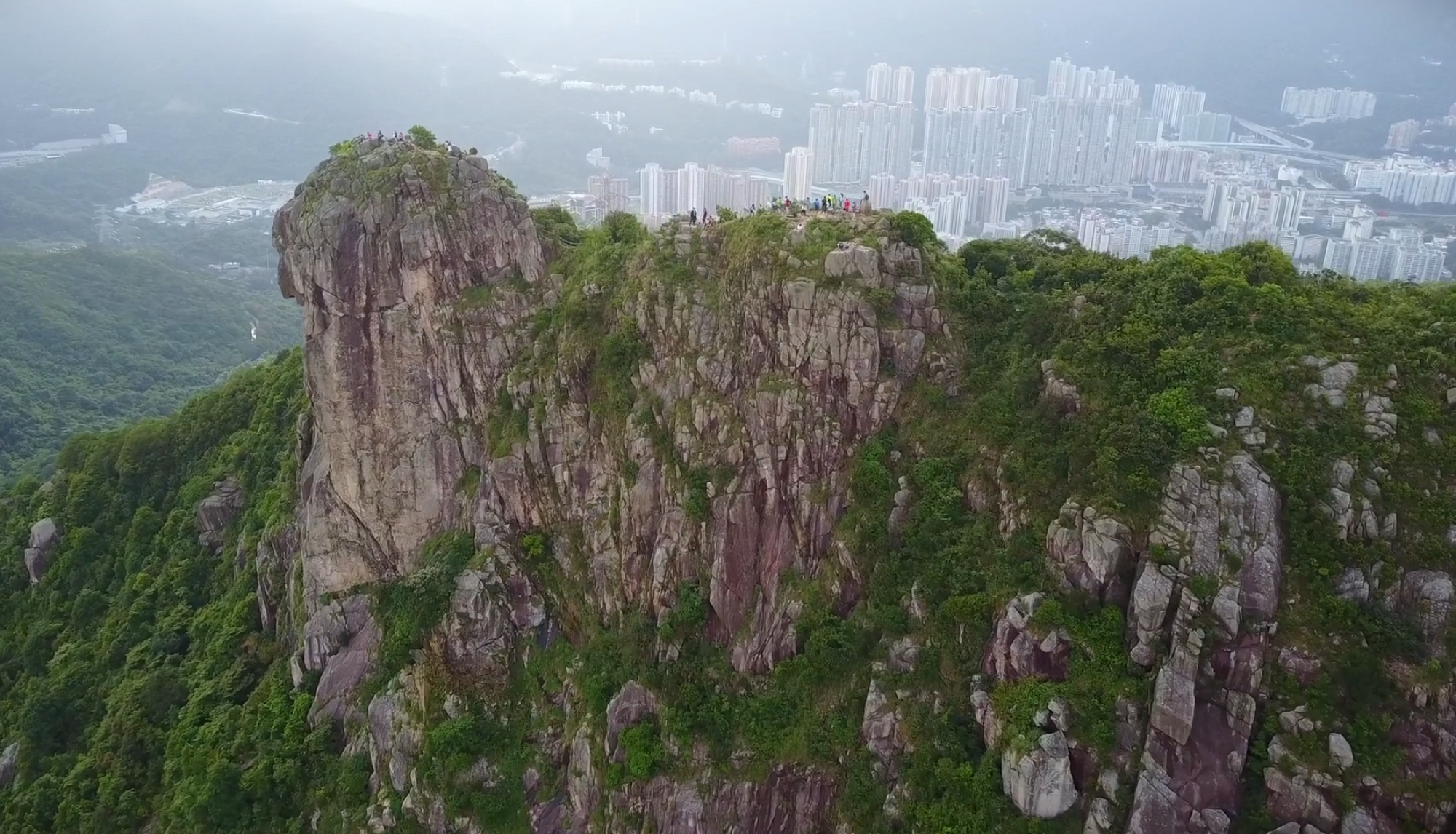I’d rather be called a ‘banana’ without the laughter and mocking of my pronunciation
Creator:
Hailey Leung 梁嘉怡 (she/her)
People used to assume that one’s cultural identity is extremely simple: For bicultural individuals, their two cultural identities change like a hydraulic system – the stronger that one identity is, the weaker the other identity becomes. More recent work recognizes that cultural identity is complex, and numerous things contribute to one’s cultural identity – comfort with particular cultural values, preferences for cultural foods, proficiency with various languages, and others. It’s no surprise, then, that bicultural individuals, including Hong Kong Canadians, often find themselves to be at the crossroads of two cultural worlds – kind of fitting in both, but not really fully embodying either. Hailey’s comic does a great job of depicting her personal struggles with her bicultural identity – whether it was because of her accent, her family’s perception of her, or the discrimination that she faced. What other factors do you think can also impact someone’s cultural identity?
